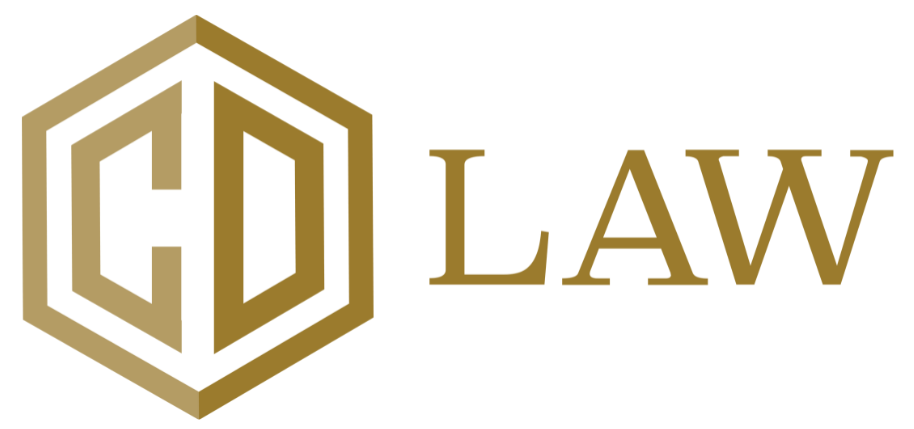These days, we’re all constantly bombarded with advertisements. From pop-up banners to video commercials, there’s no escaping the marketing blitz. But what happens when those ads don’t tell the truth? False advertising isn’t just a minor inconvenience; it has real and lasting impacts on consumers. Let’s explore what it is, and its consequences.
Understanding False Advertising
False advertising refers to the use of misleading, deceptive, or falsely claimed statements in promotions. It paints an inaccurate picture of a product, service or company. And it has the problematic goal of enticing consumers into making a purchase based on incorrect or misrepresented information.
Financial Losses
The most immediate consequence of false advertising is the potential financial loss. Imagine purchasing an expensive skincare product, promised to work wonders in just a week. You eagerly await the results, only to find that it falls short of its promises. Not only have you spent money on the product, but the anticipated value is nowhere to be seen.
Health and Safety Concerns
False claims can go beyond just disappointment; they can pose serious health and safety risks. Consider weight loss supplements touted as ‘miracle pills’ without any side effects. Unsuspecting consumers might be putting their health at risk by ingesting unknown or potentially harmful substances.
Wasted Time
Time is a valuable resource. Searching for, purchasing, and then trying out a product based on misleading information can be time-consuming. That’s time you could have spent on other valuable pursuits.
Erosion of Trust
Trust is the foundation of any relationship, including those between brands and consumers. When companies resort to false advertising, they betray this trust. Over time, consumers may become skeptical, not just of the misleading brand, but of the entire industry. This skepticism can deter them from making future purchases.
Legal Repercussions for Companies
It’s not just consumers who face consequences; companies too can bear the brunt of their deceptive practices. Regulatory bodies, such as the Federal Trade Commission (FTC) in the US, actively monitor and punish businesses for false advertising. Penalties can range from fines to mandatory corrective advertising campaigns.
How to Protect Yourself Against False Advertising
Being an informed consumer is your best defense against false advertising.
- Research: Before you make a purchase, do a bit of research. Check out reviews, look at expert opinions, and verify claims. Independent third-party websites are often a good source of unbiased information.
- Ask questions: If a claim sounds too good to be true, it might just be. Don’t hesitate to reach out to the company for clarification or proof.
- Know your rights: Familiarize yourself with local consumer protection laws. These can offer guidance on what constitutes false advertising and provide avenues for recourse should you fall victim to it.
Deceptive advertising can be a serious issue, especially when falsely advertised products lead to serious illness or injury.
If you’re dealing with this situation, contact the dedicated team at Custodio & Dubey today. Our experienced lawyers understand product liability cases and the impact false advertising can have.
Find us at: 445 S Figueroa Street Suite 2520 Los Angeles, CA 90071
Call now for a free consultation on (888) 200-9431.

